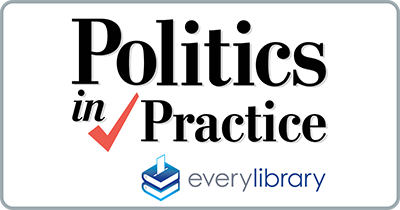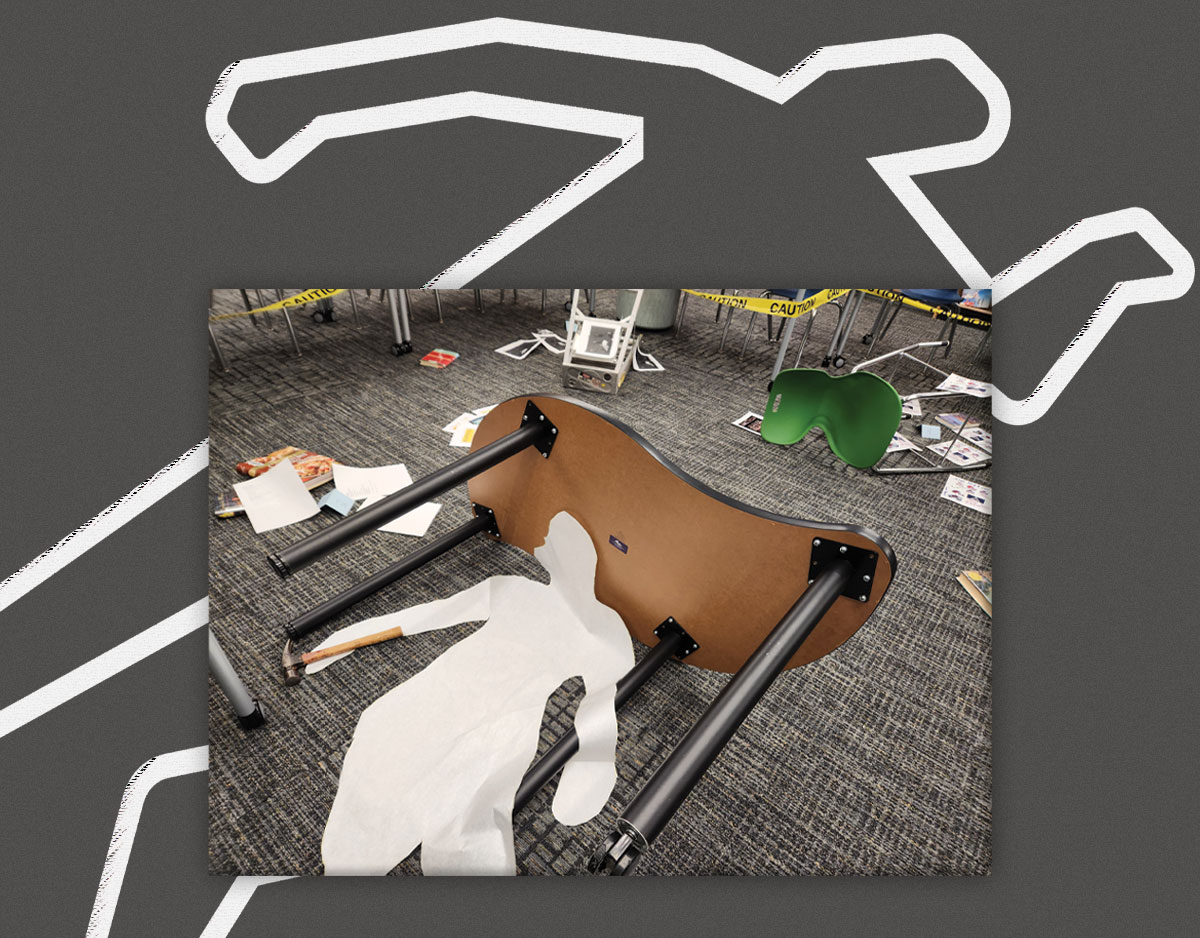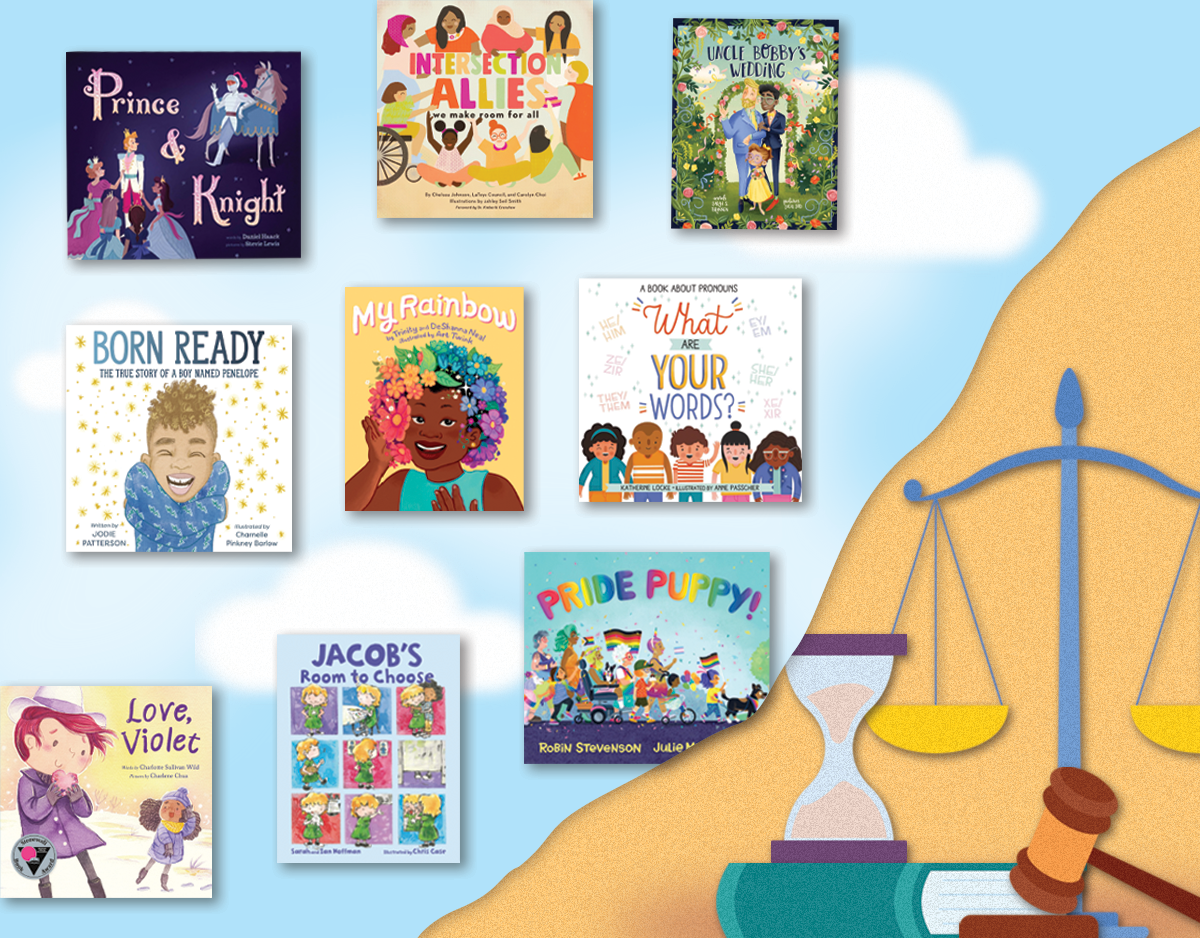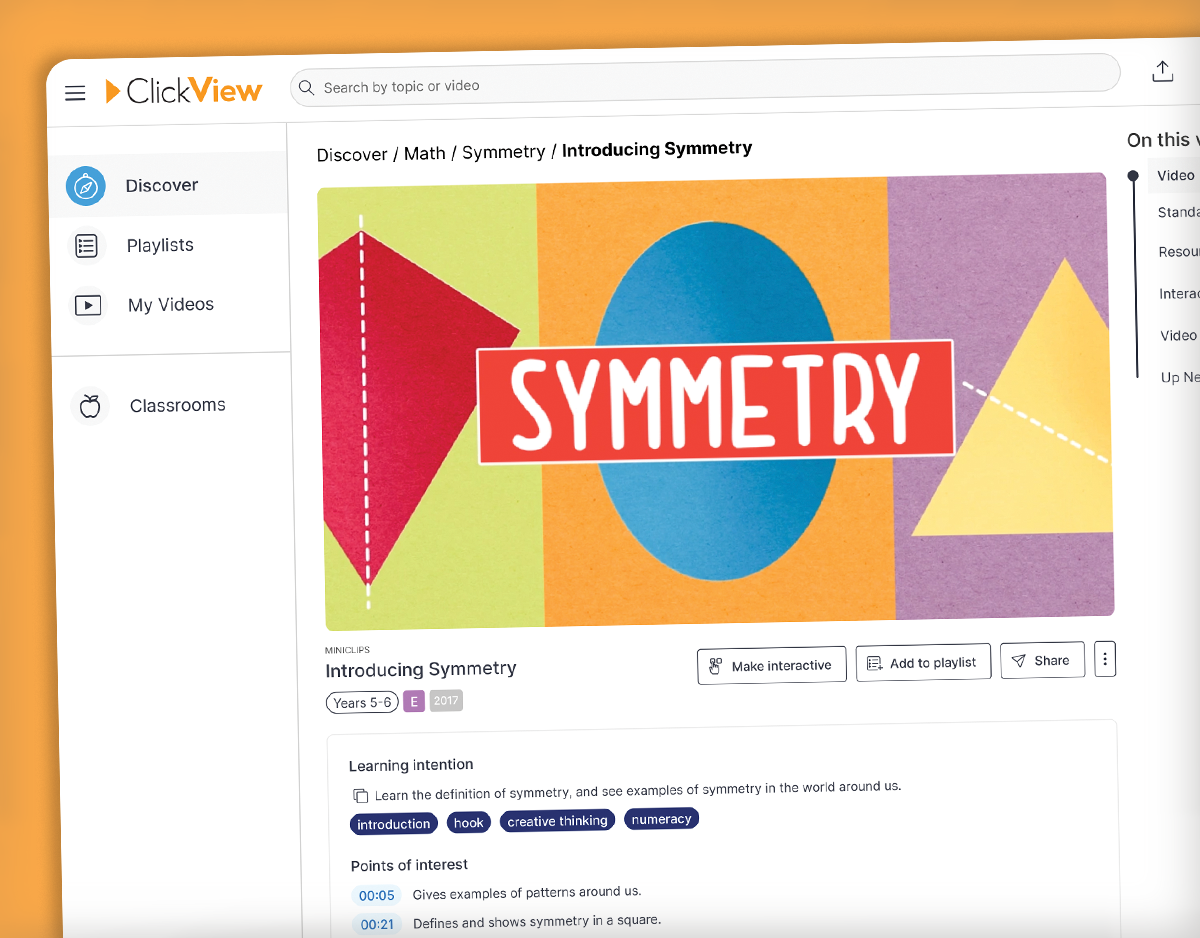The Value of Field Candidate Surveys

State school library associations can play a key role in shaping your state’s educational policy landscape. Your influence should stretch beyond the profession into the educational ecosystem. As the 2024 state legislative and school board primaries approach, it’s essential for state library associations to take an independent, proactive approach to pre-legislative advocacy. One useful technique is to create and field candidate surveys targeted to state legislative races. These surveys can provide invaluable insights into candidates’ views on school library and educational issues. As independent 501c3, c4, or 6c organizations, state school library associations and multi-type associations can ask candidates questions of their issues and report the results without endorsing any candidate. Candidate surveys are designed to ask questions about the awareness, attitudes, and intents of future legislators. Reporting the answers ensures that voters know where each contender stands on matters that directly impact school libraries. By engaging candidates, school library stakeholders can raise awareness about the pivotal role of school libraries in education, ensuring that their concerns are in the mix during the electoral process.
Engaging with school board candidates through a candidate survey offers numerous benefits to school library associations:
1. **Raising Awareness**: A survey can ensure that candidates are cognizant of the issues that matter to school libraries, potentially influencing their platforms or policy decisions if elected.
2. **Informed Electorate**: By publishing the results, voters can be better informed about where candidates stand on key library and educational issues. This can guide their voting decisions based on who aligns best with supporting library initiatives.
3. **Strengthening Advocacy**: Knowing candidates’ stances allows the association to better strategize its advocacy efforts, either by rallying behind supportive candidates or by providing more information to those less familiar with library needs.
4. **Building Relationships**: Early engagement can pave the way for a productive working relationship with elected officials, ensuring open communication lines for future collaborations or discussions.
5. **Highlighting Importance**: The very act of surveying underscores the significance of school libraries in the educational ecosystem, emphasizing their role and the need for adequate support and funding.
—
**Example Survey Questions for School Board Candidates**:
1. How do you view the role of school libraries in promoting literacy and lifelong learning?
2. Do you believe that school libraries should have a specific budget allocation for resources and technology? Why or why not?
3. What is your stance on ensuring that every school has a certified school librarian?
4. How would you prioritize school libraries in the broader landscape of educational funding and resources?
5. With the rise of digital technology, how do you see the evolution of school libraries, and what support do you believe they need to adapt?
6. How would you address disparities in library resources between schools in different areas or of different funding levels?
7. Do you believe school libraries play a role in supporting students’ mental well-being and social skills? If so, how?
8. What partnerships or collaborations do you envision between school libraries and other community or educational entities?
By fielding such questions to school board candidates, a school library association can gain insights into the potential future of library support and make informed decisions about where to focus its advocacy efforts.
— By conducting such surveys, school library associations contribute to a more informed electorate and position themselves as significant stakeholders in the education sector. As state representatives and local officials play a crucial role in determining the future of school libraries, understanding their stances and priorities becomes essential. Encouraging associations to develop these surveys can lead to a more library-conscious legislature, ensuring that the interests of school libraries are consistently represented and championed.
Filed under: Advocacy, Legislation
About John Chrastka
EveryLibrary’s founder is John Chrastka, a long-time library trustee, supporter, and advocate. John is a former partner in AssociaDirect, a Chicago-based consultancy focused on supporting associations in membership recruitment, conference, and governance activities. He is a former president and member of the Board of Trustees for the Berwyn (IL) Public Library (2006 – 2015) and is a former president of the Reaching Across Illinois Libraries System (RAILS) multi-type library system. He is co-author of “Before the Ballot; Building Support for Library Funding.” and “Winning Elections and Influencing Politicians for Library Funding”. Prior to his work at AssociaDirect, he was Director for Membership Development at the American Library Association (ALA) and a co-founder of the Ed Tech startup ClassMap. He was named a 2014 Mover & Shaker by Library Journal and tweets @mrchrastka.
ADVERTISEMENT
ADVERTISEMENT
SLJ Blog Network
Read Aloud Hall of Fame #19: DOCTOR DE SOTO
Fuse 8 n’ Kate: Tadpole’s Promise by Jeanne Willis, ill. Tony Ross (Second in a Two-Part Series!)
Miss Camper | This Week’s Comics
Here Have Some YA Disability Pride
ADVERTISEMENT






